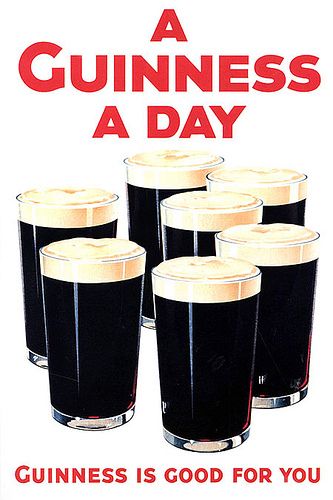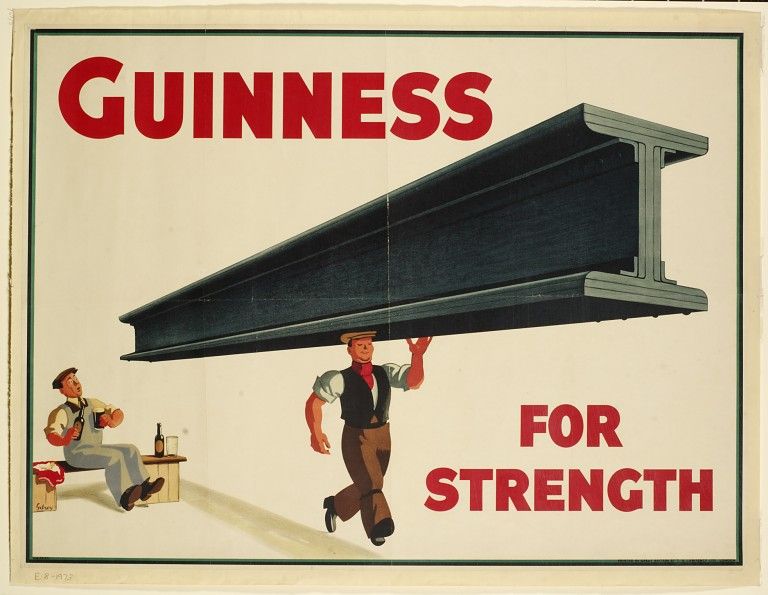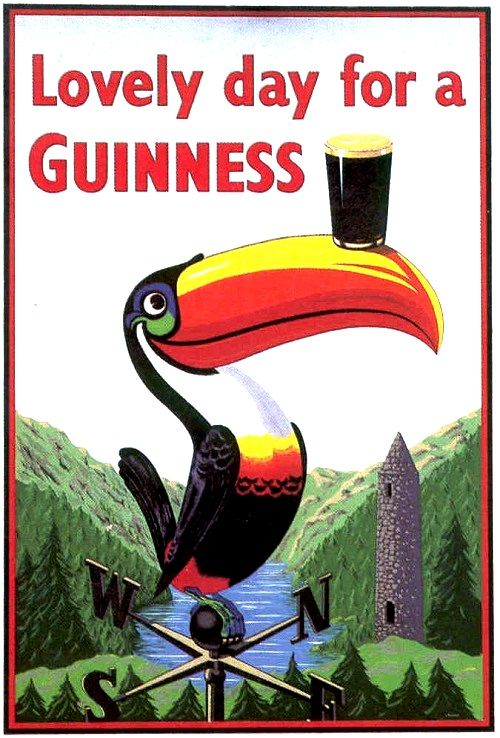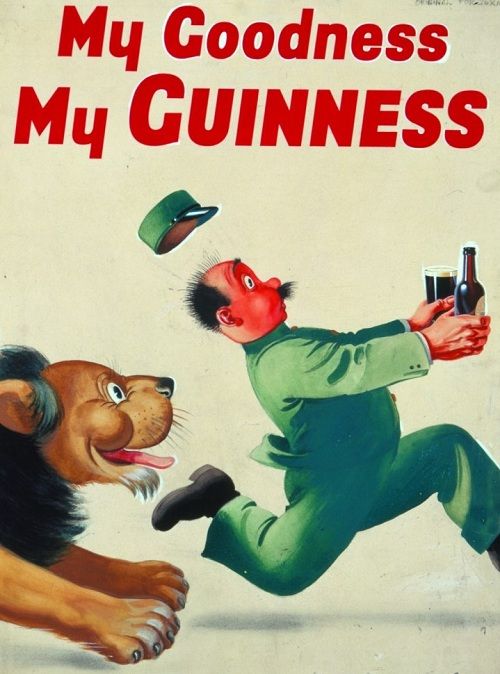- Joined
- Aug 8, 2008
- Messages
- 28,849
- Points
- 113
I read somewhere that in Ireland hospitals give each patient a stout a day. Anyway I found this interesting trivia about the beer
http://www.guinnessontap.com/modules/Trivia/
Guinness Trivia, Myths, and Facts
Myth: Guinness is heavy in calories.
False.
Guinness weighs in with 125 calories per 12 ounce serving. But wait... where do you get a 12 ounce Guinness? You don't... it's 16 ounces (14.8 in a can). Do the math, and you get 170 calories per 16 ounce serving. Some sources say as much as 200 calories. That's not a big difference, unless you have more than one. But who does that?
Myth: Guinness is supposed to be warm.
False.
Guinness reports it's draught is best served at 42.8 degrees. Your average fridge is about 38, just a tad too cool. Unforturnately, most beer coolers in bars are even colder. Regardless, 43 degrees is neither warm, nor room temperature. Order them ahead of time and let them warm up a minute while you finish your first pint. Problem solved!
Trivia: Guinness is popular in Africa!
Aye, 'tis true!
In fact, Nigeria is the third-leading market for the beer - behind only Great Britain and Ireland. Cameroon is No. 5. The sweeter, strong African version of Guinness is a huge hit on the continent, where it's said to enhance virility, according to a recent Reuters report.
Trivia: A Guinness executive created what became the Guinness Book of Records to help settle bar arguments.
True again!
In 1951, Sir Hugh Beaver, then the managing director of the Guinness Brewery, went on a shooting party and became involved in an argument. Which was the fastest game bird in Europe – the golden plover or the grouse? He realized then that a book supplying the answers to this sort of question might prove popular.
Fact: Guinness has been dispensed in hospitals.
This is true!
In England, post-operative patients used to be given Guinness, as were blood donors. Sadly, this is no longer the case in England. In Ireland, Guinness is still made available to blood donors and stomach and intestinal post-operative patients. Guinness is known to be high in iron content.
Fact: Why is Guinness Stout black ?
Answer:
It obtains its colour due to the process of roasting the barley, this is carried out to convert maltase into maltose, a natural sugar
http://www.guinnessontap.com/modules/Trivia/
Guinness Trivia, Myths, and Facts
Myth: Guinness is heavy in calories.
False.
Guinness weighs in with 125 calories per 12 ounce serving. But wait... where do you get a 12 ounce Guinness? You don't... it's 16 ounces (14.8 in a can). Do the math, and you get 170 calories per 16 ounce serving. Some sources say as much as 200 calories. That's not a big difference, unless you have more than one. But who does that?

Myth: Guinness is supposed to be warm.
False.
Guinness reports it's draught is best served at 42.8 degrees. Your average fridge is about 38, just a tad too cool. Unforturnately, most beer coolers in bars are even colder. Regardless, 43 degrees is neither warm, nor room temperature. Order them ahead of time and let them warm up a minute while you finish your first pint. Problem solved!
Trivia: Guinness is popular in Africa!
Aye, 'tis true!
In fact, Nigeria is the third-leading market for the beer - behind only Great Britain and Ireland. Cameroon is No. 5. The sweeter, strong African version of Guinness is a huge hit on the continent, where it's said to enhance virility, according to a recent Reuters report.
Trivia: A Guinness executive created what became the Guinness Book of Records to help settle bar arguments.
True again!
In 1951, Sir Hugh Beaver, then the managing director of the Guinness Brewery, went on a shooting party and became involved in an argument. Which was the fastest game bird in Europe – the golden plover or the grouse? He realized then that a book supplying the answers to this sort of question might prove popular.
Fact: Guinness has been dispensed in hospitals.
This is true!
In England, post-operative patients used to be given Guinness, as were blood donors. Sadly, this is no longer the case in England. In Ireland, Guinness is still made available to blood donors and stomach and intestinal post-operative patients. Guinness is known to be high in iron content.
Fact: Why is Guinness Stout black ?
Answer:
It obtains its colour due to the process of roasting the barley, this is carried out to convert maltase into maltose, a natural sugar




 :o
:o

